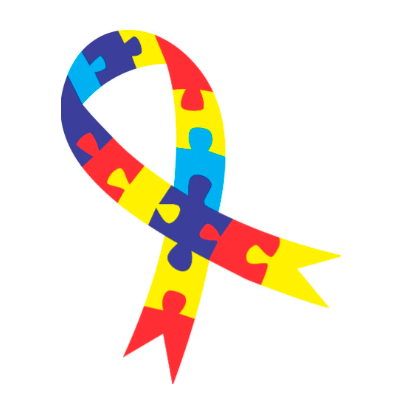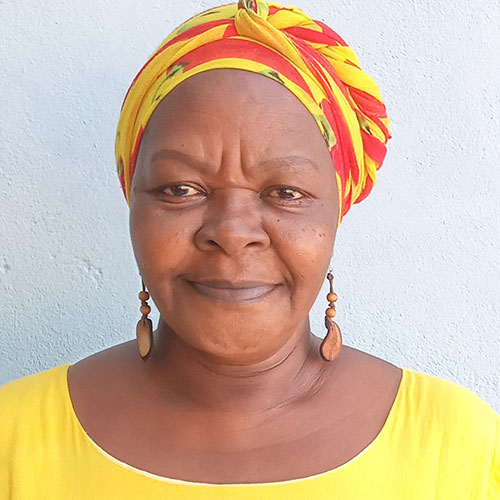Resistance and insubordination: discover the story of Sabrina Nascimento, “Autista Diferentona”.
Celebrating Autistic Pride Day (June 18th), this article is a tribute to all Brazilian autistic people


Do you know what Autism is?
Sabrina Nascimento is autistic and in this interview she talks a little about this disability, a subject still unknown by many.
Born in Salvador, Bahia, she graduated in Languages with Spanish and is studying for a Masters in Education at UFBA – Federal University of Bahia. She is 40 years old, married, and the mother of two beautiful twin daughters, Valentina and Maria Flor, now five years old.

What is Autism Spectrum Disorder?
Sabrina Nascimento says that the SBP – Brazilian Society of Pediatrics, describes autism as “a neurological development disorder, characterized by difficulties in communication and social interaction and by the presence of repetitive and restricted behaviors or interests”. Such symptoms configure the core of the disorder, but the severity of its presentation is variable.
Asked about how we can tell if a child is autistic, she replies that, in general, the important thing is to pay attention to the child development milestones, which are present in the child’s vaccination card. She also says that she discovered her own autism as an adult, after her daughters’ diagnosis. She says it was a rediscovery of herself, and at first it was difficult, but then she tried and tried to accept it.
About the relationship with family members, she says that people continue to treat her as a typical neuro person, that is, not autistic.
Sabrina talks about socialization and overcoming
“While I communicate well and appear to be very outgoing, the lack of a social filter put me in some pretty tricky situations. I have difficulty maintaining friendships, those who follow me are there because they truly like me. I started going on dates late (for the average), my first boyfriend was around 18 years old. I believe that the impairments in social interaction contributed to me relating emotionally so late.”
About overcoming, she continues: “I don’t like that term very much. It puts people with disabilities at a disadvantage, it sounds as if the lack of adaptation, accessibility and inclusion is legitimate, since we are capable of overcoming ourselves. Obviously, everyone we can do our best, but associating overcoming difficulties with a person with a disability reinforces some stereotypes. In the 80s and 90s, autism was not talked about like it is now, so my family had no idea that I could be autistic, but my family certainly played a fundamental role in helping me become the woman I am today,” she says.
What gave you the strength to get where you are?
“I believe that work and education are possibilities for social transformation. I am not an heiress, I come from the working class, so the only thing left for me was study and work,” she says.
About social prejudice
Sabrina is of the opinion that, like any person outside the norm or dictated norm, autistic people suffer a lot of prejudice, especially those who demand more support in their daily activities or who bring with them other social markers, such as black autistic people.
Sabrina Nascimento talks about Public Policies
“First of all, existing laws must be respected in practice, such as, for example, the Berenice Piana Law of the Brazilian Inclusion Law. Secondly, it is necessary to cross-reference gender, race, class and disability data in order to achieve diversity within diversity. It is necessary that demographic censuses become public policies and guarantee access and permanence of people with disabilities in universities, for example. The PNS – National Health Survey, 2019, reveals that only 5% of people with disabilities have completed higher education,” she says.
Sabrina Nascimento leaves a message here for parents, relatives, caregivers, teachers and others who live with people on the Autistic Spectrum.
“Welcoming, patience and respect for the dignity of the autistic person is the main thing to create a truly inclusive society,” she concludes.
Did you like this subject?
Follow Sabrina Nascimento Instagram
Learn more about autism spectrum disorder by clicking here
Read about autism rights here
Read about Statute of Persons with Disabilities here



